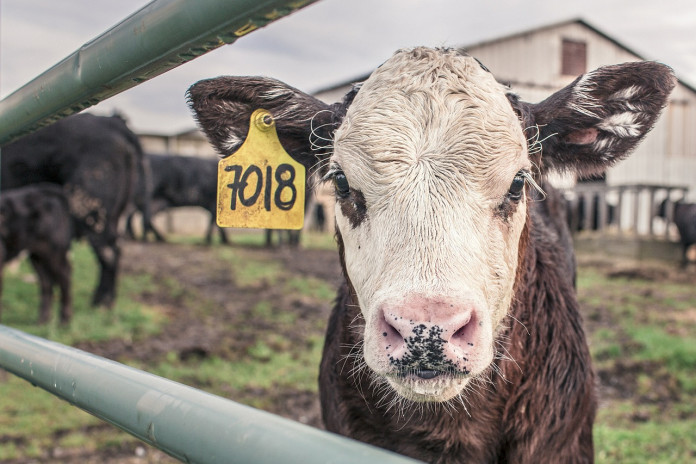Liability coverage has two purposes: to make payments on your behalf to an injured party, and to defend you against lawsuits brought by a third party alleging liability within the scope of the policy’s coverage.
In order for the insurer to be obligated to pay, three things must occur: Something must happen, damage or injury results, and the insured is legally liable for the damage. Here are a few reasons to consider some form of liability coverage for your farm operation.
1Negligence
In order to recover damages for negligence, the injured person must meet all of the following criteria:
- The insured had a duty of care to the injured person.
- The insured breached that duty of care.
- That breach of duty caused the damages.
- And, the amount of damages.
To determine whether there has been a breach of a duty of care, an insured’s conduct is judged against the standard of ordinary care — or the duty to act reasonably. If a reasonable person would have reacted differently in the same situation, then the insured may be negligent. Ignorance, honest mistakes, and physical defects of the injured do not relieve policyholders from responsibilities.
However, individuals who voluntarily engage in activities that involve obvious risks may be treated as having assumed the associated risk. They may not be able to recover damages from the insured.
2Farm employees
Farm owners and operators who hire employees increase their potential liability. The farm employer may be held liable for the acts of employees as well as for injuries to them. A farm employer can also be held liable for damages to a third party caused by negligent acts of his or her employees.
Farm employers are also responsible for providing employees with a safe work environment. This includes proper instruction about the dangers inherent in their work.
3Rented ground
A cash renter is responsible for the rented ground for the time period specified in the lease. If no time period is specified, the renter controls the land during the normal growing season, including seedbed preparation and harvest.
Renters are liable for their own negligence; for insurance purposes, while renting or leasing, renters assume the identity of landowners. If the landowner maintains some control over certain assets like a barn or a grain bin, then the owner is liable for occurrences to those things.
4Fence law
Owners of livestock must use reasonable care to keep their livestock from escaping and causing damage. If they fail to use reasonable care, they may be liable for damages.
Owners of animals, such as bulls, stallions, bucks, and boars are liable for damages they cause when they escape no matter how much care is used to keep them enclosed because keeping them is an “ultra hazardous activity” and the owners are subject to strict liability rules.
5Agritourism
Agritourism has become a popular way for farmers to make additional income. Agritourism activities can include corn mazes, hayrides, farm tours, special events and weddings, and pick your own produce operations.
Along with making the dangers of the farm apparent to visitors — i.e. signs warning of dangerous livestock, equipment or uneven ground, and vocal instruction of where guests can and cannot go — farm owners should consider additional liability coverage to protect themselves if pursuing an agritourism venture.
Sources: Farm Liability Insurance, University of Wisconsin Cooperative Extension; Liability of Farm Employers, University of Missouri Extension.
Next week: Farm and Dairy will highlight different insurance options for farmers throughout December with crop insurance up next.
(Farm and Dairy is featuring a series of “101” columns throughout the year to help young and beginning farmers master farm living. From finances to management to machinery repair and animal care, farmers do it all.)
More Farming 101 columns:
- Why do I need farm insurance?
- How to understand and use Ohio’s CAUV
- How to utilize the Pa. Clean and Green Act
- 9 tips for filing farm taxes
- 8 reasons record keeping for taxes is essential
- 5 tips for post-harvest storage
- 7 tips for family meetings on the farm
- 4 tips for balancing your farm and family
- 4 tips for communicating on the family farm
- 4 tips for firing an employee
- 6 tips for keeping good farm help
- 4 tips for recruiting farm labor
- 5 general farm labor laws
- 4 tips for employing minors
- 4 tips for PTO safety
- 5 things young farmers should know about finances
- The farm balance sheet
- 5 items for your farm’s cash flow statement
- Personal and business records: Keep them separate
- What to include in your farm business plan
- How to approach a lender: Tips for getting a farm loan
- How to use microloans to get your farm started
- Saving for the future: 6 tips for young farmers
- How to create a farm safety kit
- 5 tips for child safety on the farm
- 4 tips for transporting livestock
- 5 ways to better understand tractor stability
- 6 farm equipment hacks











